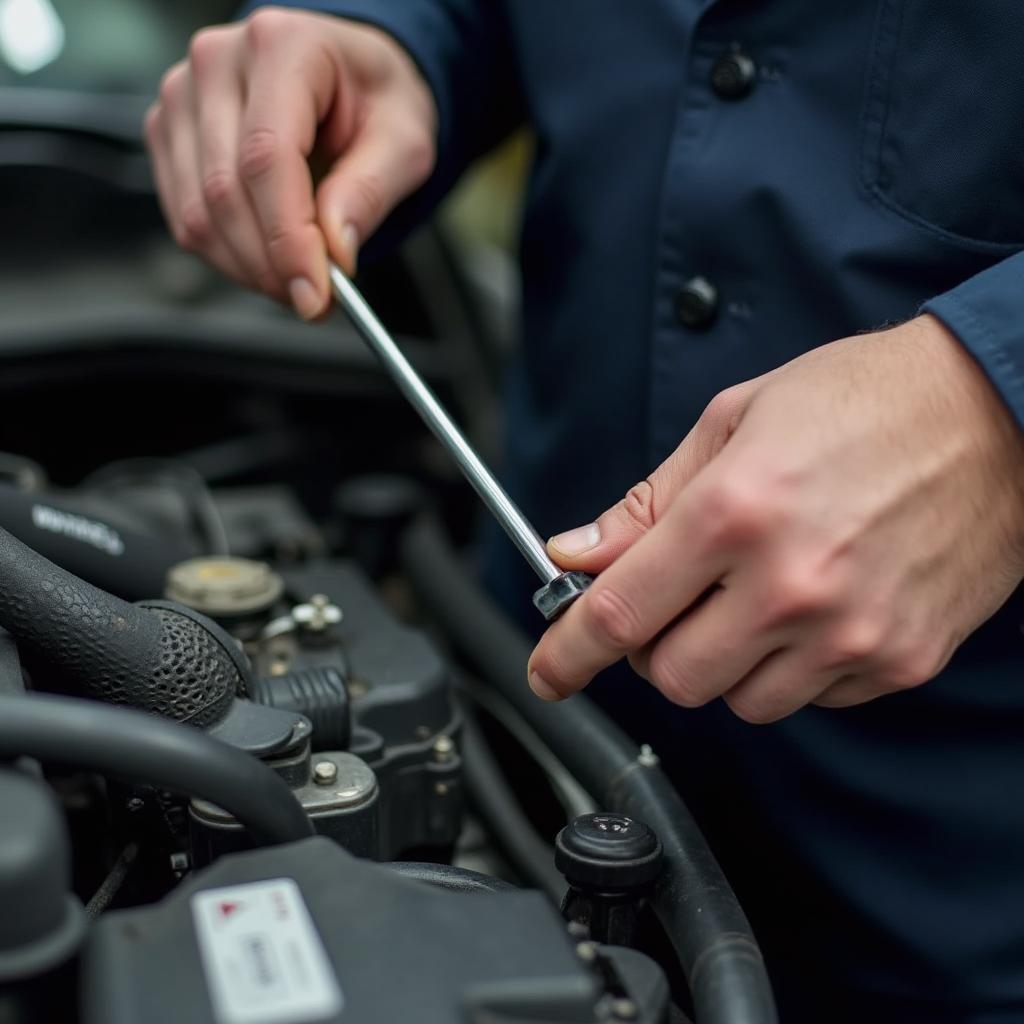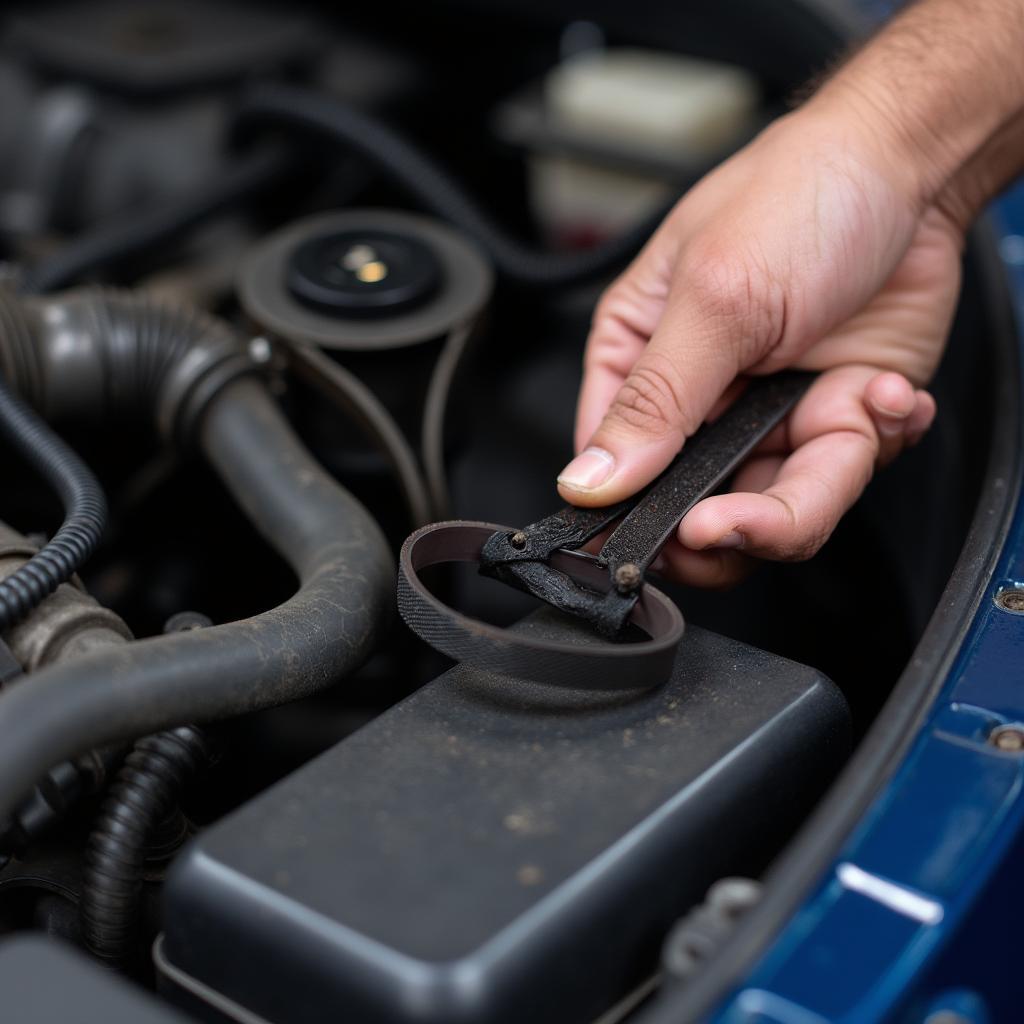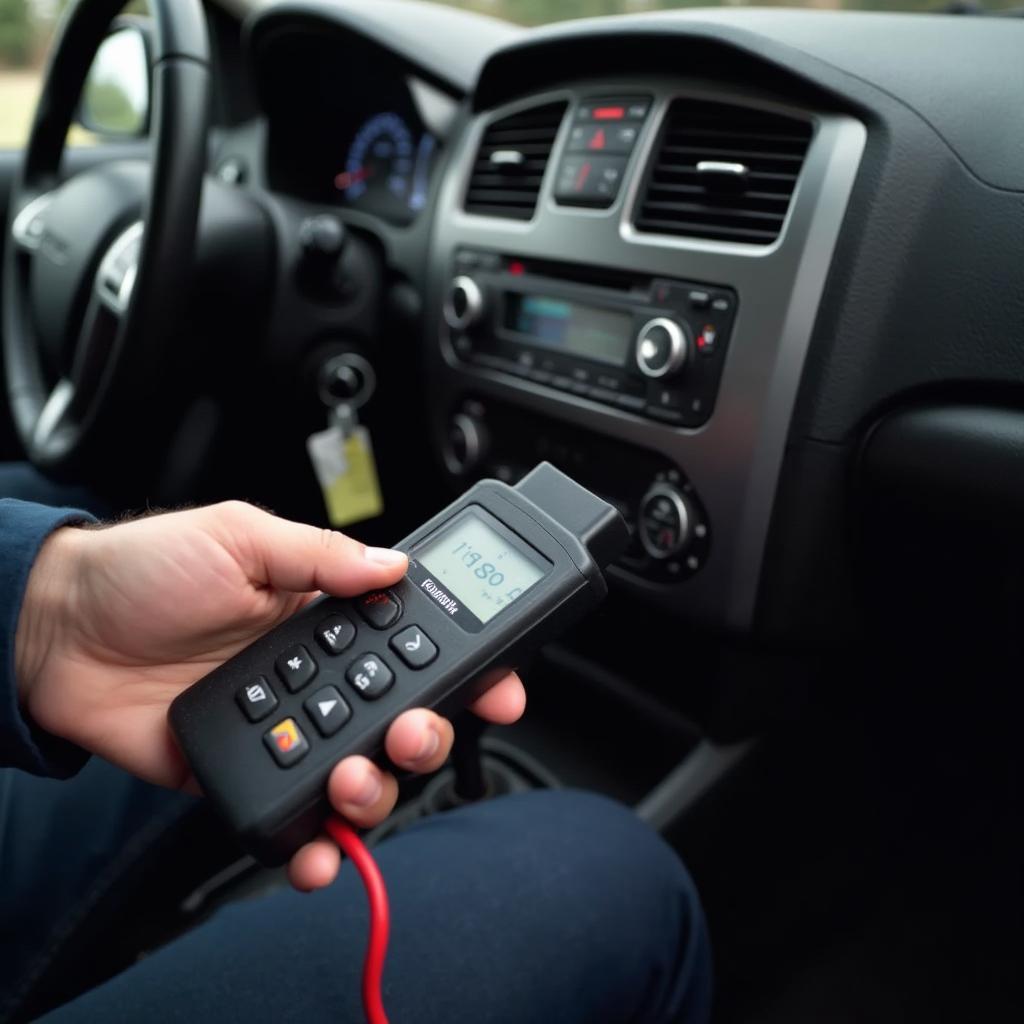Keeping your car in top condition requires regular maintenance and occasional repairs. Finding a reputable and reliable auto service provider can be challenging. To help you make informed decisions about your car’s well-being, we’ve compiled a list of the top ten auto services every car owner should know.
Essential Auto Services to Keep Your Car Running Smoothly
1. Regular Oil Changes:
This is the most fundamental aspect of car maintenance. Engine oil lubricates moving parts, reduces friction, and prevents overheating. Over time, oil degrades and loses its effectiveness. Regular oil changes, as recommended by your car’s manufacturer, will help prolong the life of your engine and prevent costly repairs.
2. Tire Rotation and Maintenance:
Tires are your car’s only point of contact with the road. Uneven wear can lead to poor handling, reduced fuel efficiency, and safety hazards. Regular tire rotations ensure even wear, extending the lifespan of your tires. Additionally, checking tire pressure and tread depth should be a part of routine maintenance.
3. Brake Inspections and Service:
A well-maintained brake system is crucial for safety. Brake pads and rotors wear down over time, reducing braking efficiency. Regular brake inspections will identify any potential issues early on, ensuring your car can stop safely and effectively.
4. Battery Testing and Replacement:
Car batteries have a limited lifespan. A weak or dead battery can leave you stranded. Regular battery testing can help determine its health, and timely replacement can prevent unexpected breakdowns.
5. Fluid Checks and Top-offs:
Your car relies on various fluids, including coolant, transmission fluid, brake fluid, and power steering fluid, to function correctly. Regular fluid checks and top-offs ensure these systems operate at their best and can prevent costly damage.
 Car Fluid Check
Car Fluid Check
Advanced Auto Services for Optimal Performance
6. Engine Tune-Ups:
While not as frequent as oil changes, engine tune-ups are essential for maintaining optimal performance. This service typically includes spark plug replacement, air filter inspection, and fuel system cleaning, all contributing to better fuel efficiency and engine performance.
auto tune up service near 30311
7. Transmission Service:
Your car’s transmission is a complex system that requires periodic maintenance. Transmission fluid changes and filter replacements help ensure smooth gear shifts and prevent premature wear.
8. Cooling System Flush:
Your car’s cooling system prevents the engine from overheating. A coolant flush removes rust and contaminants, keeping the system running efficiently and extending the life of your radiator and water pump.
9. Belt and Hose Inspections:
Belts and hoses play a vital role in engine operation. Regular inspections can detect cracks, fraying, or wear, preventing unexpected breakdowns and potential engine damage.
 Car Belt Inspection
Car Belt Inspection
10. Electrical System Check:
Modern cars rely heavily on electronics. An electrical system check assesses the health of your car’s battery, alternator, starter, and wiring, identifying potential issues before they escalate.
Understanding the Importance of Regular Auto Service
“Regular auto service is not just about fixing what’s broken; it’s about preventing problems before they occur,” says John Smith, a seasoned mechanic with over 20 years of experience. “Investing in preventative maintenance can save you money on costly repairs in the long run.”
auto leasing and buying service 80111 companies
Finding a trustworthy auto service provider is crucial. Look for certified mechanics, ask for recommendations, and read online reviews. Communication is key. Don’t hesitate to ask questions and understand the services being performed on your vehicle.
 Car Diagnostic Test
Car Diagnostic Test
Regular auto service is an investment that pays off. It ensures your car’s longevity, reliability, and safety. By understanding these ten essential auto services, you can make informed decisions about your car’s maintenance and enjoy worry-free driving.
FAQ:
1. How often should I change my car’s oil?
Consult your car’s owner’s manual for specific recommendations. However, a general rule of thumb is every 3,000 miles or three months for conventional oil and every 5,000-7,500 miles or six months for synthetic oil.
2. What are the signs of a failing car battery?
Signs of a failing battery include slow engine cranking, dimming headlights, and a clicking sound when you turn the key.
3. Why is tire rotation important?
Tire rotation helps ensure even wear on all four tires. Tires wear differently depending on their position on the car. Regular rotation maximizes tire life and improves vehicle handling.
4. How do I know if my brakes need to be replaced?
Squealing or grinding noises when braking, a spongy brake pedal feel, and vibrations when braking are all signs that your brakes may need attention.
5. What should I look for when choosing an auto service provider?
Look for certifications, ask for recommendations, read online reviews, and consider factors such as location, hours of operation, and pricing.
Need help finding a reliable auto service provider? Contact us! Our team of experts is here to assist you.
For further information on auto service and maintenance, explore our other helpful articles:
- auto repair service writer salary
- ally com auto online services access pre login html
- bills friendly auto services inc
Need Immediate Assistance?
Contact us via WhatsApp: +1(641)206-8880 or Email: [email protected]. Our dedicated customer support team is available 24/7 to address your queries and concerns.


